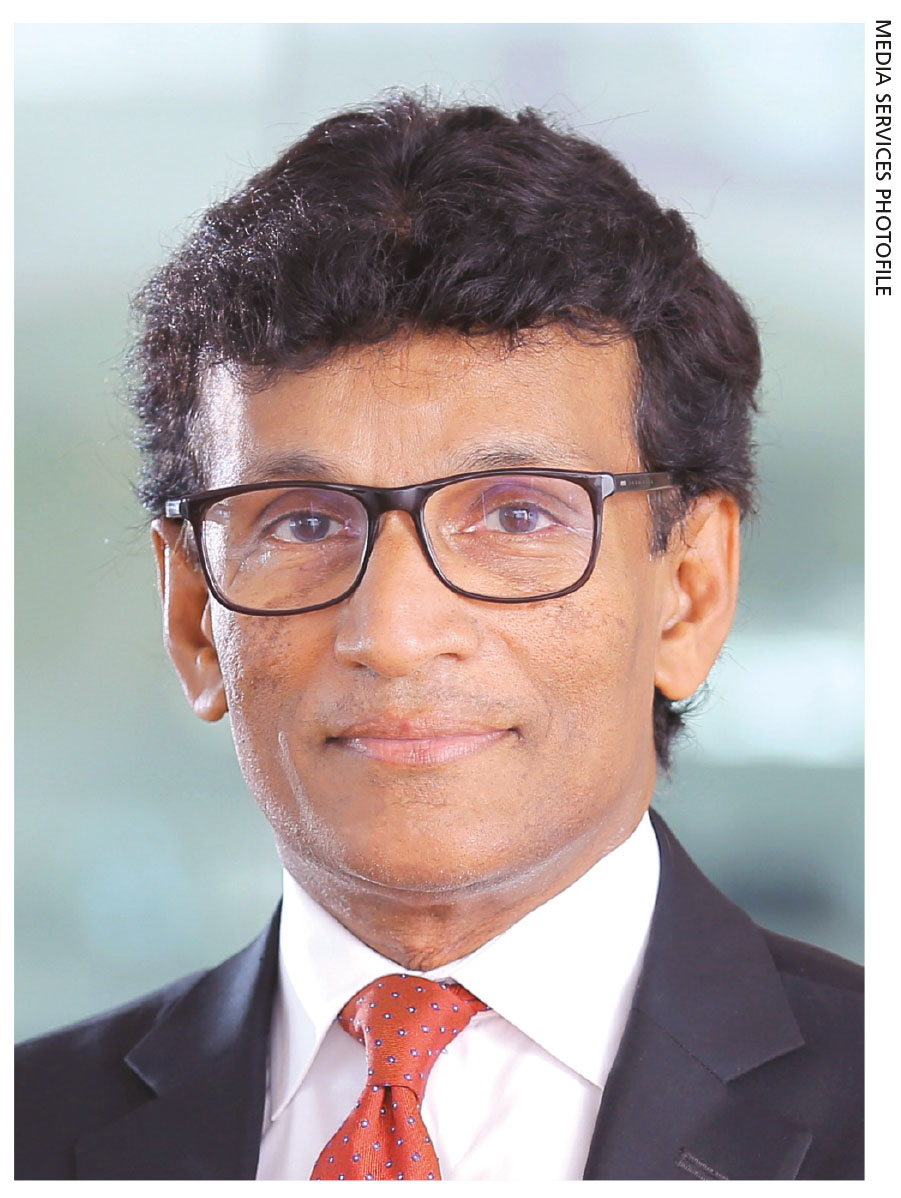IT INDUSTRY
LIBERALISING TECHNOLOGY
Thilan Wijesinghe weighs in on the strength of Sri Lanka’s IT ecosystem
 Q: Sri Lanka’s IT industry is one of the major growth corridors of the economy. What is your take on this?
Q: Sri Lanka’s IT industry is one of the major growth corridors of the economy. What is your take on this?
A: I believe the rapid growth of the IT industry is the result of well thought out decisions taken in the late 1990s.
As a result, the private sector was able to grow in all aspects of information technology – viz. telecom liberalisation; creation of IT zones; Board of Investment of Sri Lanka’s (BOI) incentives; and training institutes that operate as private sector ventures.
Basically, IT grew exponentially because the government created an enabling environment with the necessary freedom, which consequently enabled private enterprises and management practices to thrive.
Q: What is your assessment of the local IT talent pool?
A: Without a doubt, it is among the best in the world.
Q: As a former Chairman of the BOI in the late 1990s, what was your contribution to the development of the local IT landscape?
A: The privatisation of Sri Lanka Telecom (SLT), and introduction of competition to the telecom industry, attracted Lanka Bell and Suntel to set up. This project was among the many pioneering initiatives that took place during this time.
Others included the introduction of new regulations under the BOI Act to provide tax concessions for the first time to the software industry (regardless of export orientation) and related training institutes. I also served on policy committees that made computers and IT equipment duty-free for all.
Furthermore, together with the Urban Development Authority (UDA), the BOI developed Malabe into an IT zone that led to the establishment of MillenniumIT and Sri Lanka Institute of Information Technology (SLIIT) among others in Malabe.
Q: And how did the IT industry react to these initiatives?
A: The industry was remarkably receptive to these initiatives and the export industry has grown at an average of around 20 percent compound growth rate annually. Subsequently, many software and training companies – such as Virtusa, IFS and Asia Pacific Institute of Information Technology (APIIT) Sri Lanka – also signed agreements with the BOI.
When Virtusa didn’t have suitable space with fibreoptic connections to establish its office, the BOI took the initiative to fund a project that laid a fibreoptic cable at the World Trade Center. That is how Virtusa commenced its operations there.
Q: You are a co-founding board member of SLIIT. How did this come about?
A: Soon after assuming office at the BOI in October 1995, I urged all the vice chancellors of local universities to increase their intake of software graduates from around 200 a year at the time to meet the demand of BOI approved software companies – this accounted for more than 600 vacancies annually at the time.
When I didn’t receive a satisfactory response, former President Chandrika Bandaranaike Kumaratunga proposed that I assist Dr. Lalith Gamage – who was a professor at the University of Moratuwa at that time – to establish SLIIT.
Since the Treasury refused financial assistance for this initiative, the BOI allocated funds from its industry promotions budget as a grant for the upcoming institute to commence operations in rented premises in Colpettty from where it operates to this day.
Q: And what is the relationship between SLIIT and the Mahapola Higher Education Scholarship Trust Fund?
A: Almost two years after SLIIT was established, it became evident that the institution had to be expanded. So it leased land owned by Mahapola to construct the Malabe Campus. Mahapola also provided some funds to meet part of the costs. As the lessor, its primary role was to ensure that the funds provided were utilised to build the campus.
In 2015, SLIIT repaid the funds provided by Mahapola with interest based on a formal agreement reached with the latter. At the same time, the directors nominated by Mahapola to SLIIT’s board also resigned.
SLIIT was initiated as a not-for-profit company, limited by guarantee and operating under Section 17 of the BOI Act – much like any private sector company that obtains BOI status. The institute was structured this way by the founders so that it could expand rapidly without unsolicited interference from government.
Q: In your opinion, can Sri Lanka compete in the global arena to become an IT destination?
A: For Sri Lanka to compete in the global arena, policy makers have to create a robust economy that will reverse the accelerating brain drain from the IT industry and permit global hiring so that the best in the world can work alongside the best in Sri Lanka.
Q: What improvements does the Sri Lankan IT industry need to put in place to accelerate growth and development, in your assessment?
A: The industry needs the freedom to operate without restrictions or interference within a competitive cost structure especially in areas such as data and bandwidth, and the lifestyles of young IT professionals.
Silicon Valley was built on the strength of IT professionals from around the world flocking to California due to the quality of life and top universities in the region. Sri Lanka has a long way to go to create this enabling environment to attract and retain talent.



